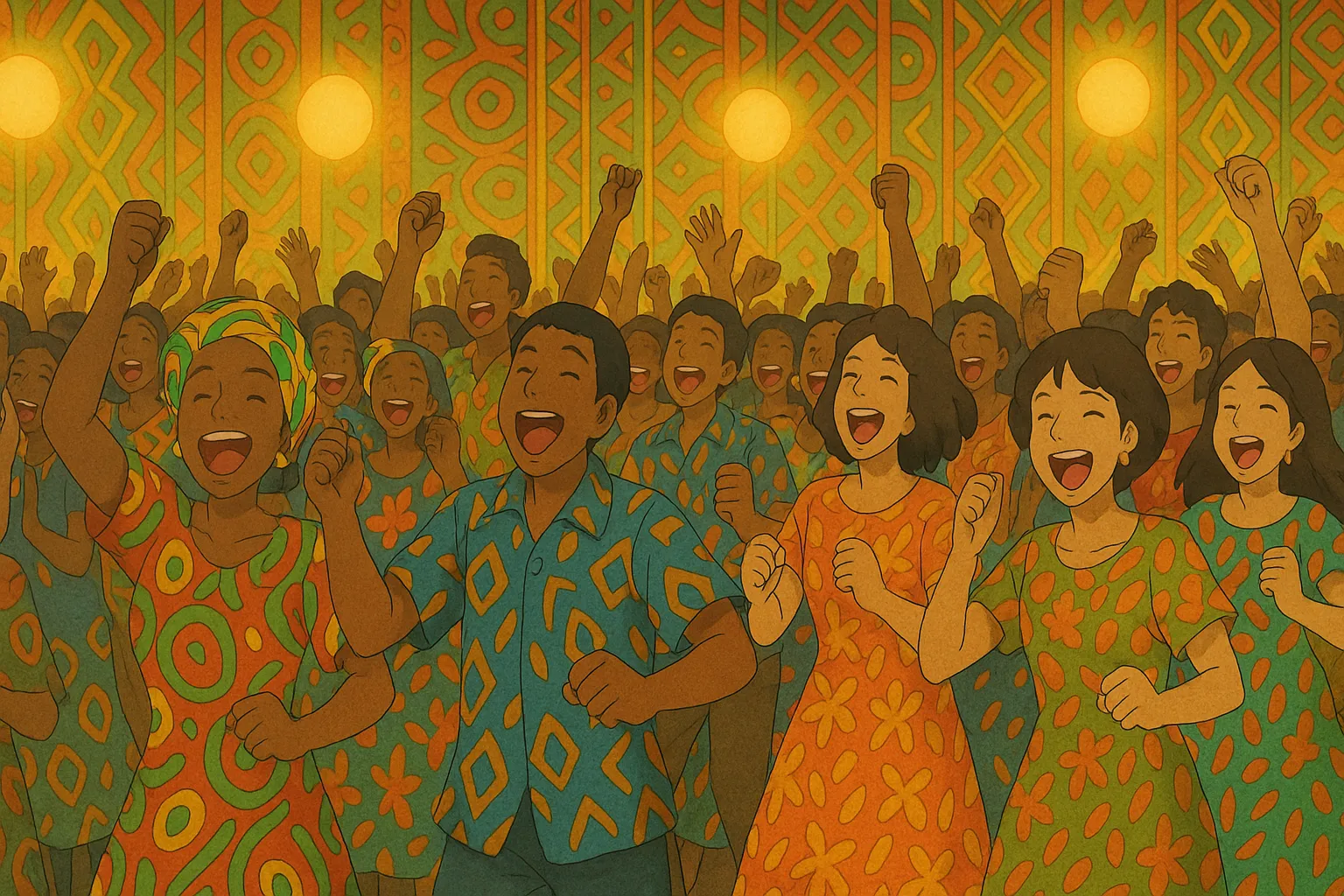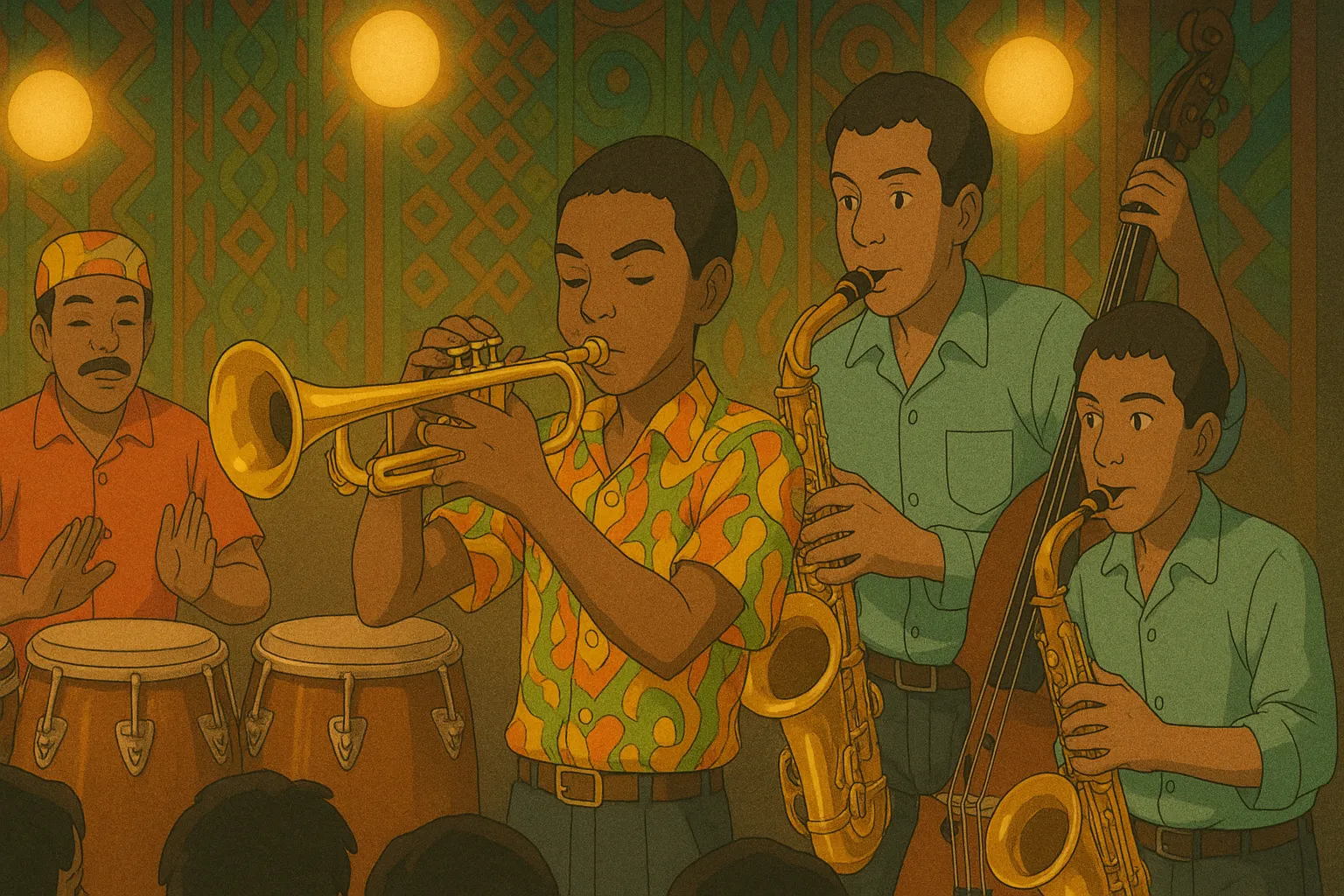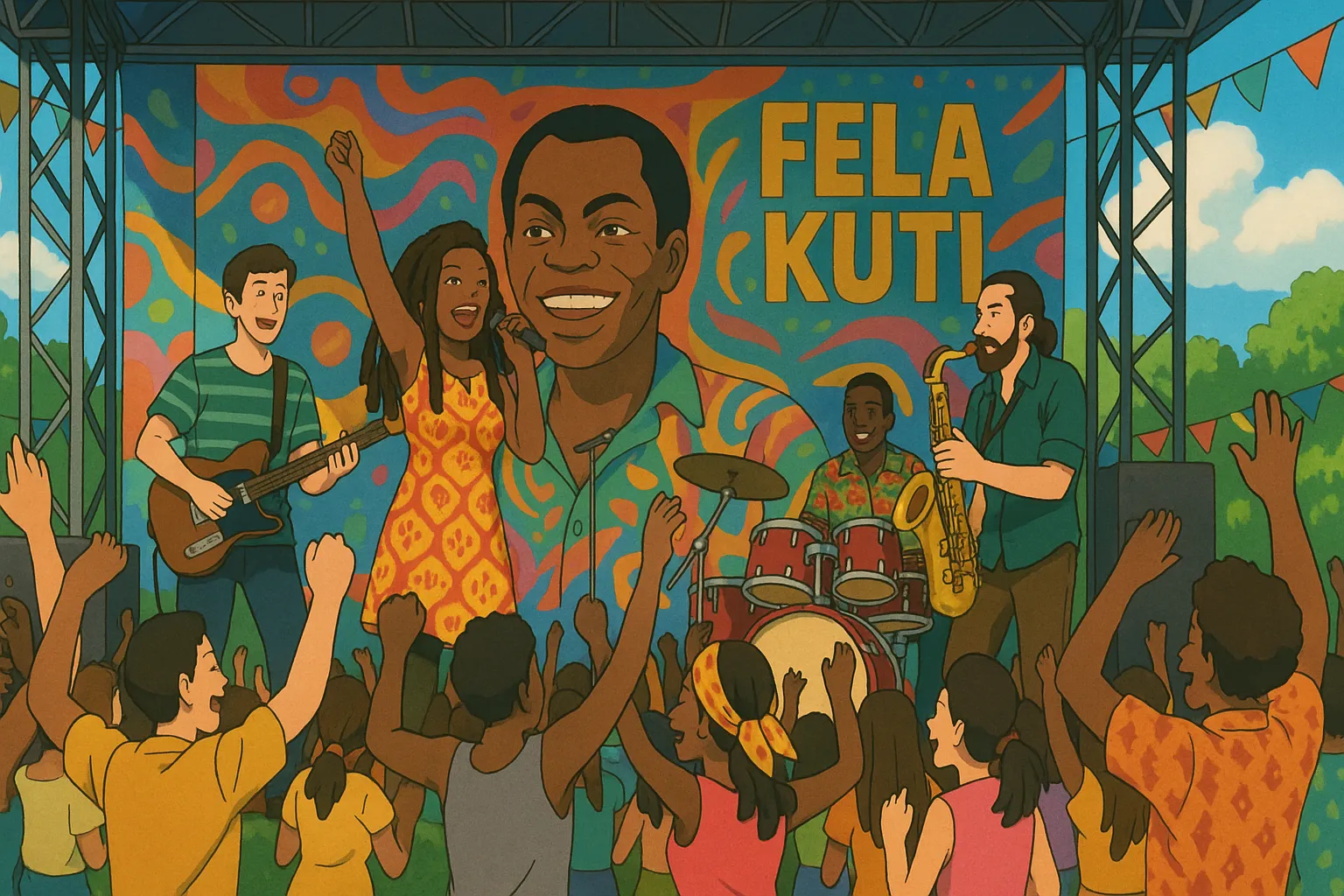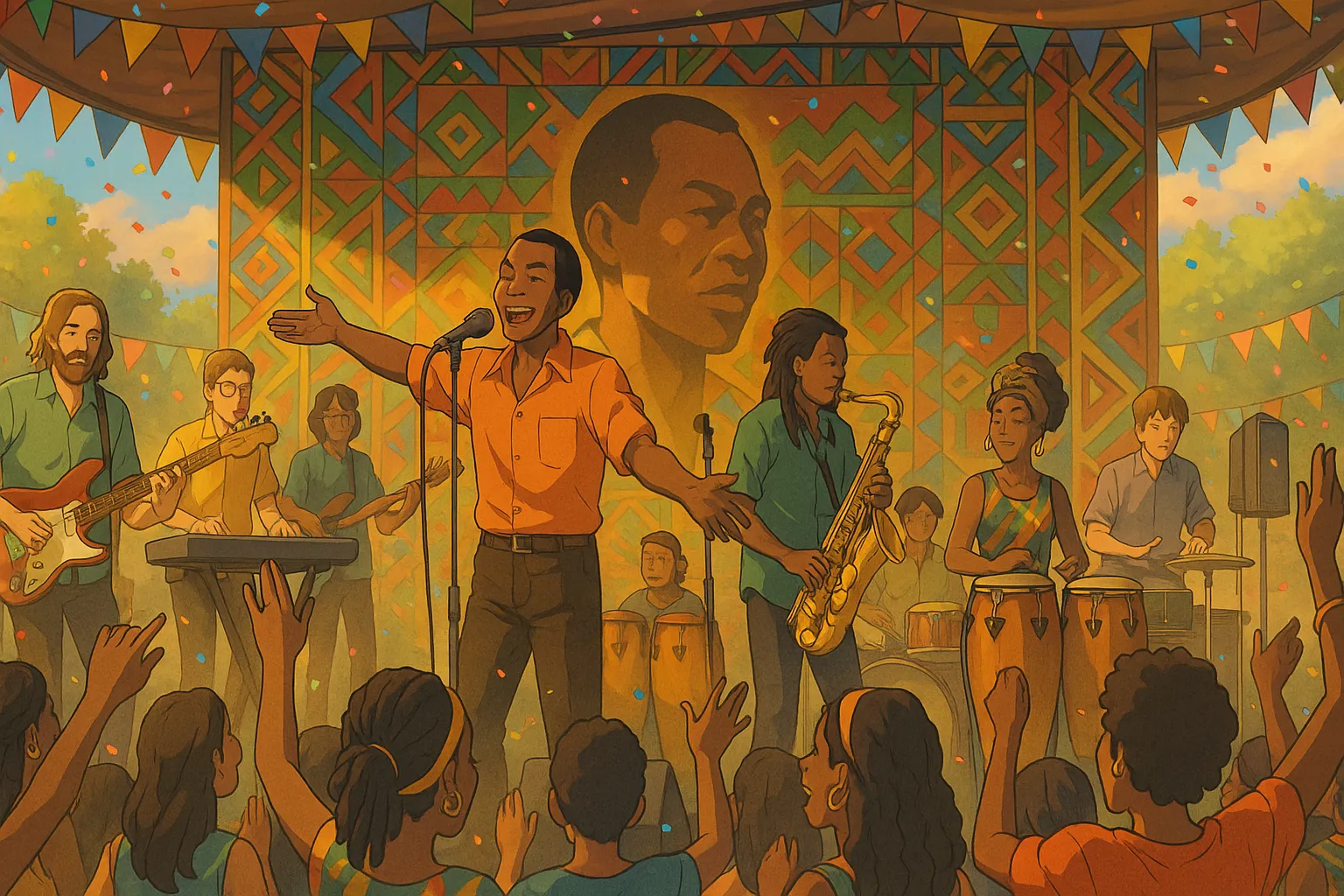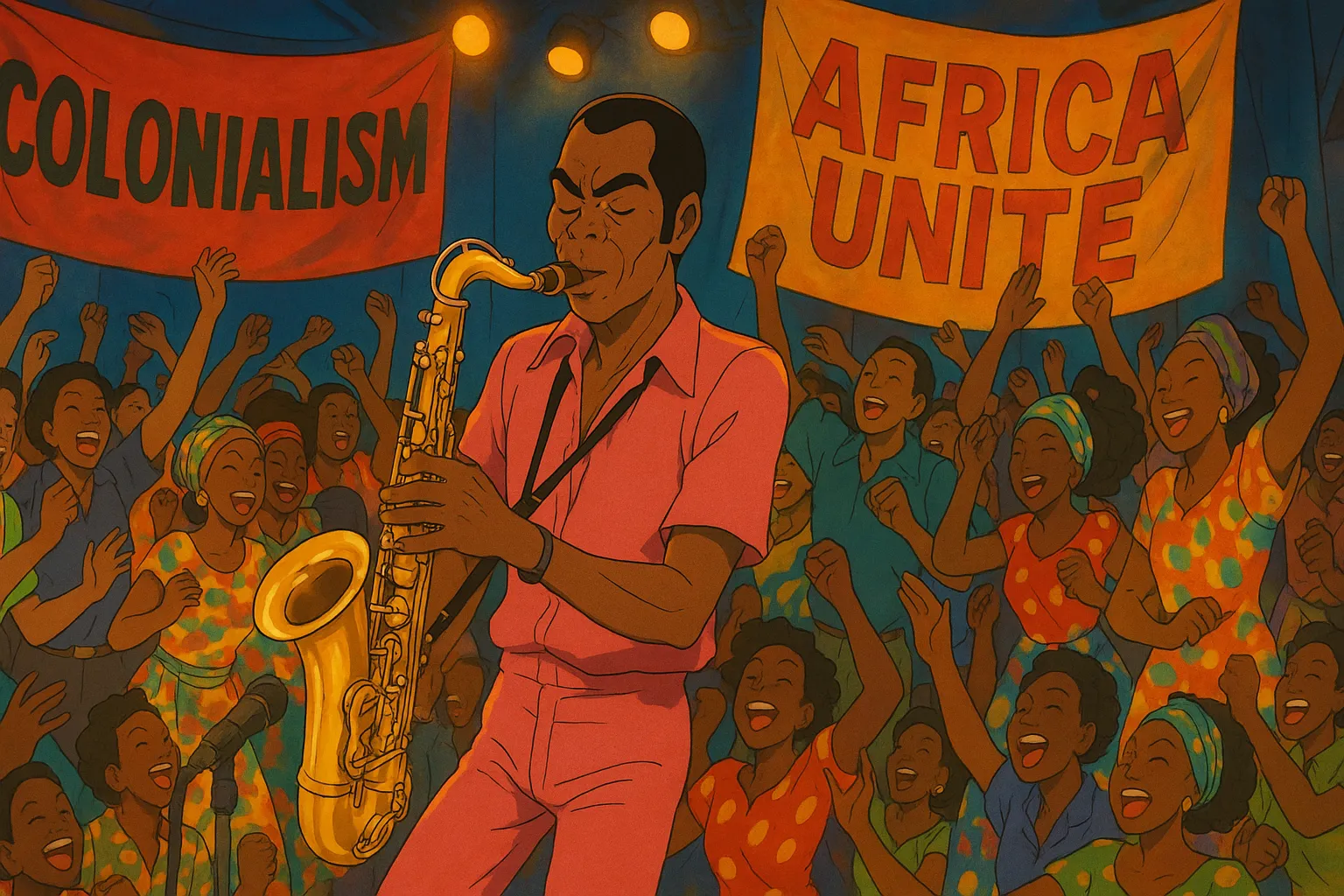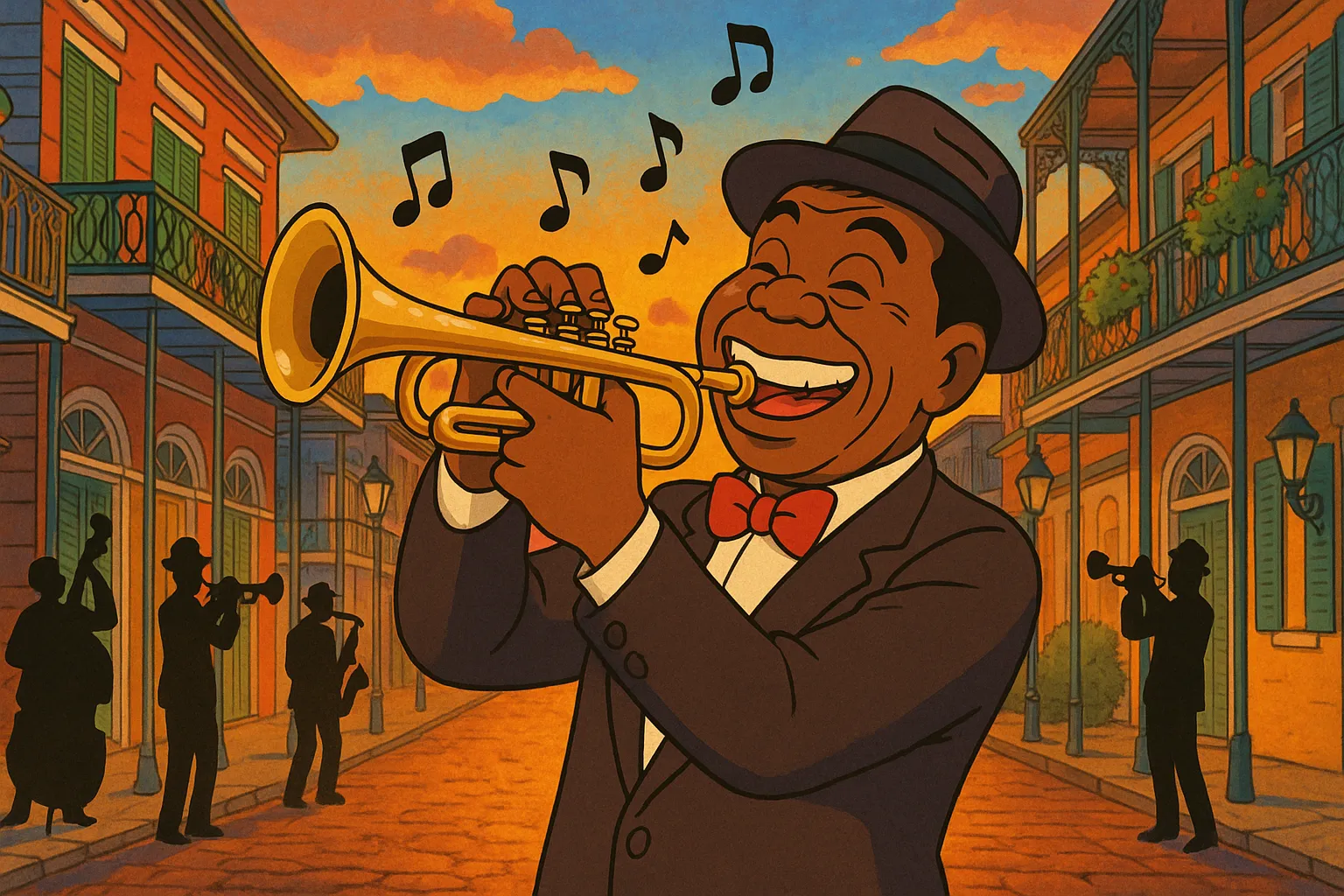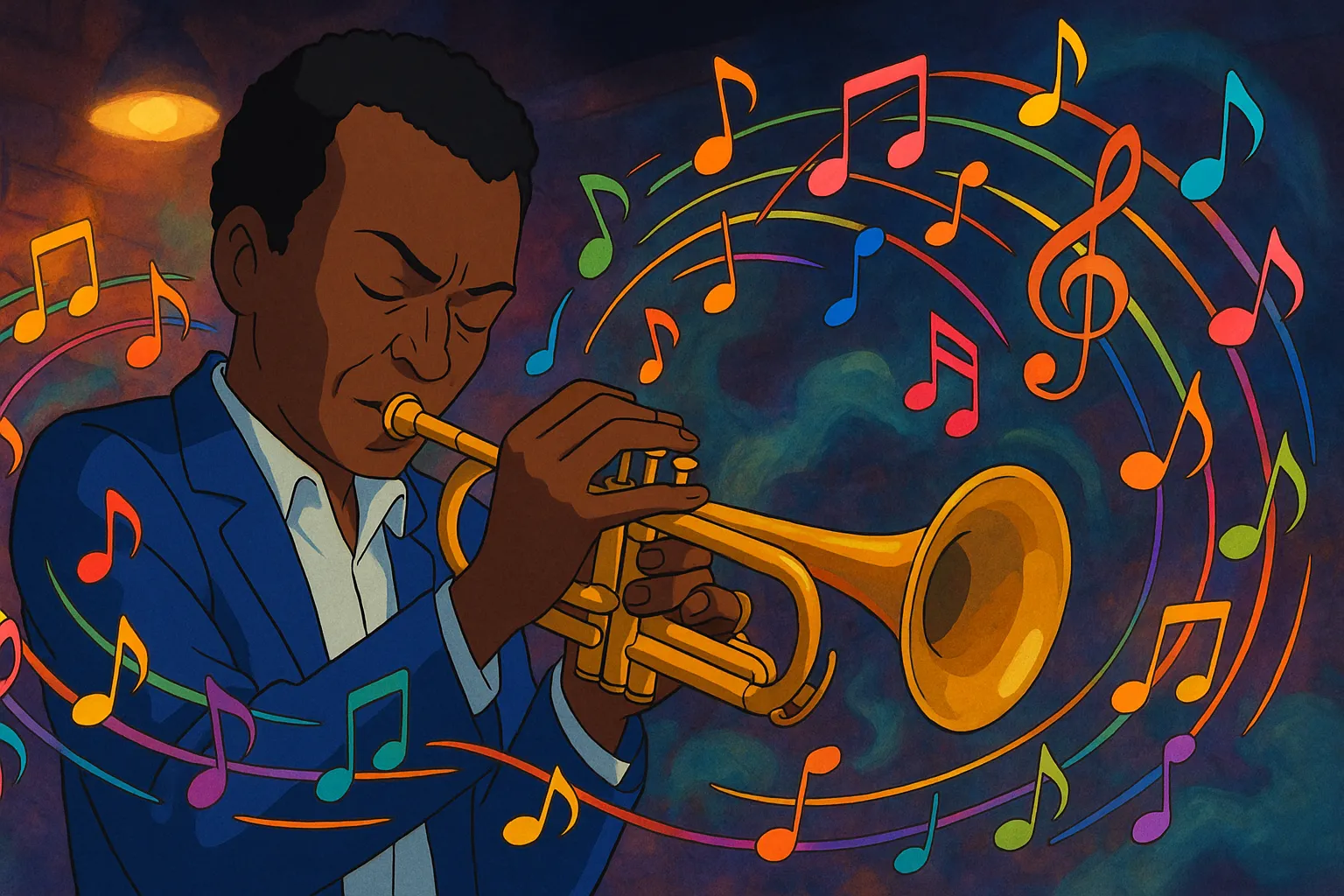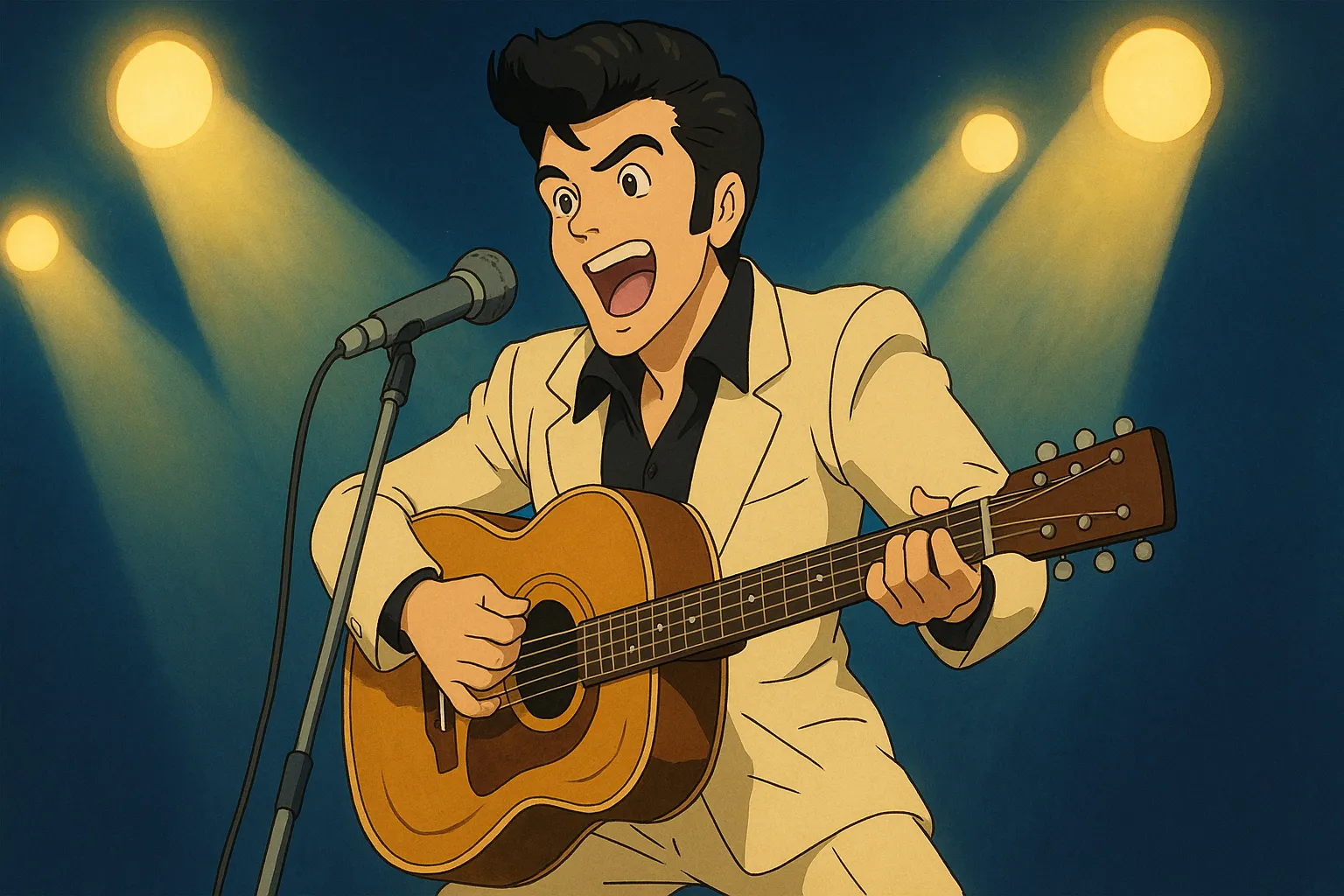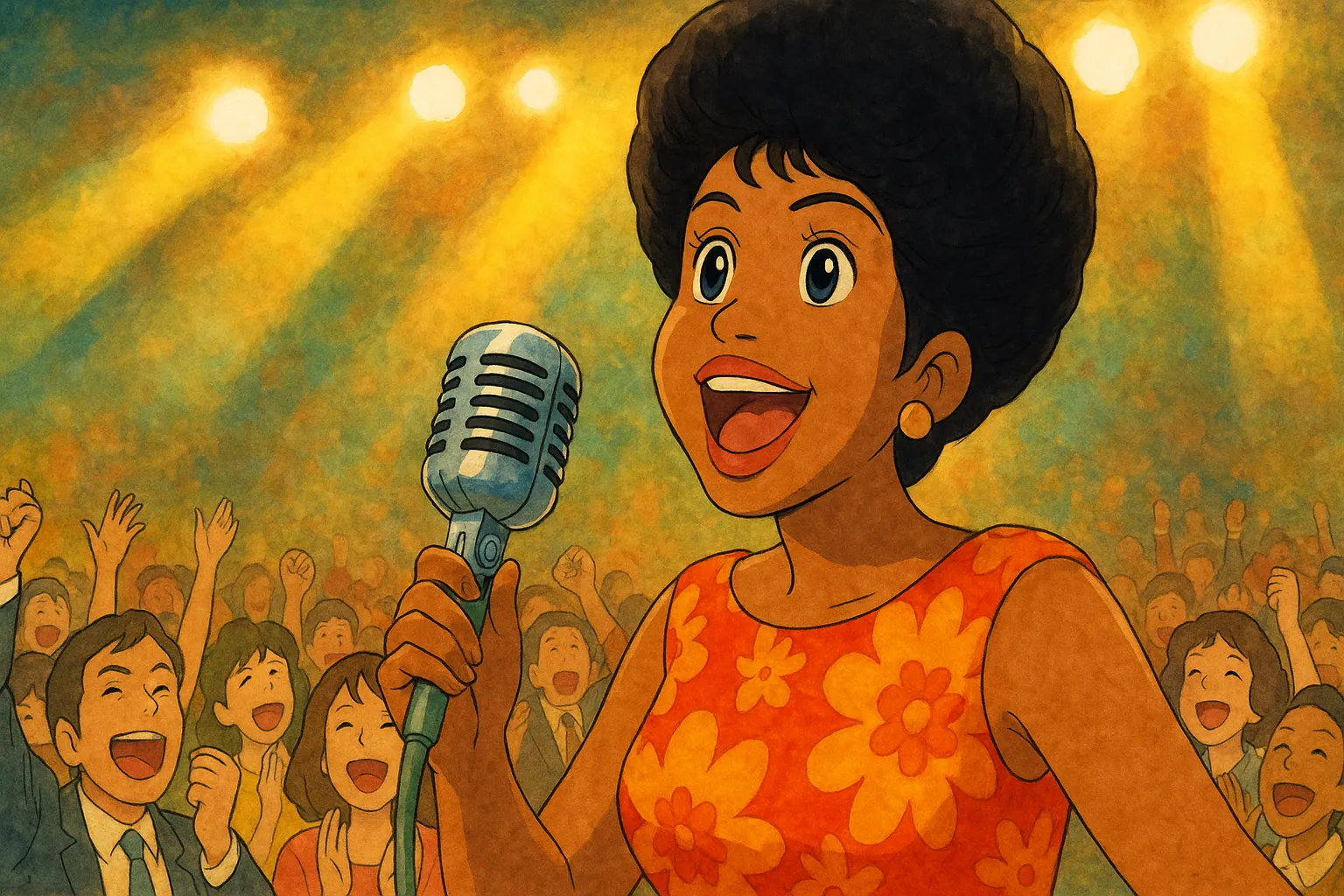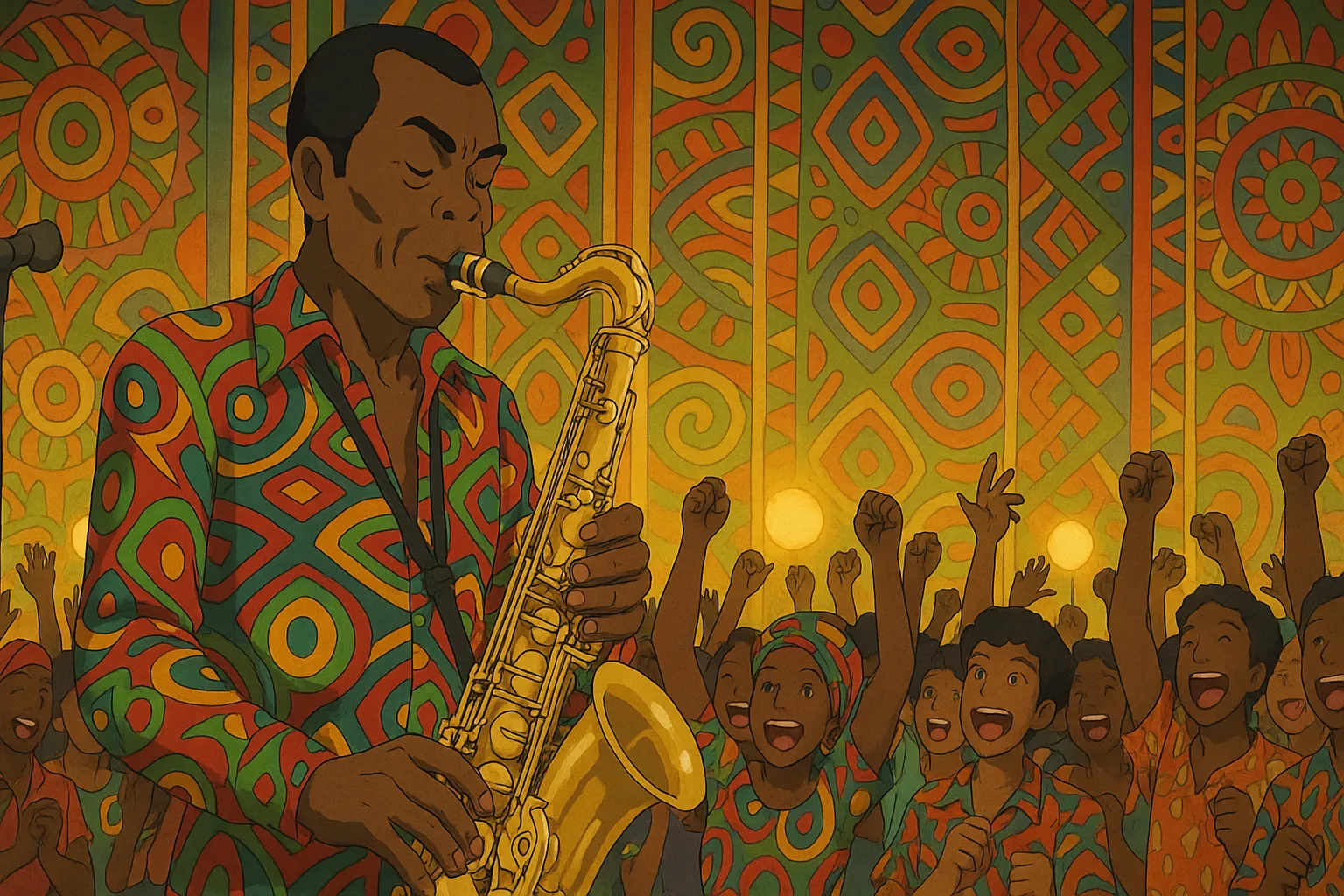
Frequently Asked Questions
When did Fela Kuti die?
Fela Kuti died on August 2, 1997, in Lagos. His passing marked the end of a bold and influential musical and political life.
What instruments did Fela play?
Fela was a vocalist and multi-instrumentalist best known for tenor saxophone and electric keyboards (piano/organ), which shaped his band’s sound.
Which songs is he best known for?
Some widely known tracks include "Zombie," "Water No Get Enemy," "Expensive Shit," and "Lady," which showcase his mix of groove and message.
Who was his mother and did she influence him?
His mother was Funmilayo Ransome-Kuti, a respected Nigerian feminist and activist. Her political engagement deeply influenced Fela’s outlook and activism.
Did Fela ever hold political office?
No. He used music and community organizing to challenge power, and he attempted political organizing, but he never held an elected government position.
What languages did Fela sing in?
Fela sang mainly in English and Yoruba and often used Nigerian Pidgin to reach a broad audience across social and language divides.
Has his work been honored or adapted after his death?
Yes. His life and music inspired the stage musical "Fela!" and many posthumous tributes, exhibitions, and global Afrobeat revivals and samples in modern music.
How did he influence other musicians?
Fela’s long grooves, political lyrics, and band arrangements inspired generations: Afrobeat scenes worldwide, sampling in hip-hop/electronic music, and numerous contemporary artists.
